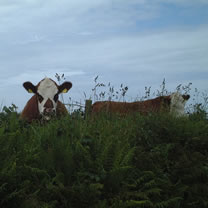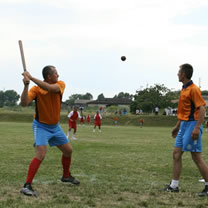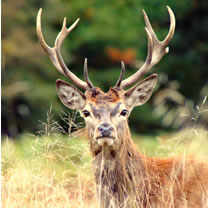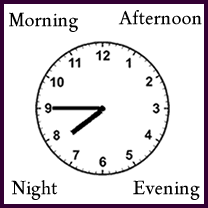This afternoon I’m off to Bratislava for the #PolyglotGathering – 5 days of talking and learning about languages, meeting other language enthusiasts, and having fun.
This will be my first trip to Bratislava, though I have been through it before when travelling between Vienna and Budapest. I was going to go to the Bratislava at this time last year for the Gathering, but decided to cancel that trip, unfortunately, after breaking my ankle.
I’ll be doing a talk on ‘Deconstructing Language’ on Friday morning. It will look mainly at where words come from, and how and why they change over time. I will also talk a bit about how grammar develops.
For the past few months I’ve been learning some Slovak, mainly with the 50 languages app and Memrise. I already know some Czech, so can understand some Slovak as well, but can’t say much yet.






